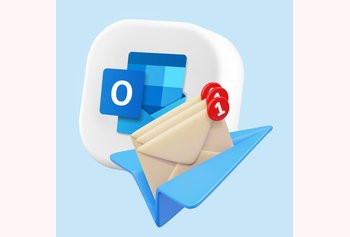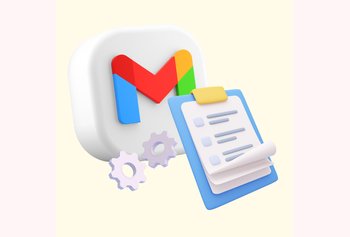In the fast-paced world of entertainment, effective communication is paramount. Whether you’re managing a production, coordinating events, or handling talent relations, staying on top of emails is essential for success.
However, with the sheer volume of messages flooding in daily, managing emails can quickly become overwhelming. This is where efficient email management strategies, particularly utilizing shared inboxes, play a crucial role in keeping operations running smoothly.
Table of Contents
- The Importance of Email Management in Entertainment
- Shared Inboxes: A Game-Changer for Entertainment Professionals
- Best Practices for Effective Email Management
- Conclusion
The Importance of Email Management in Entertainment
Email serves as a primary mode of communication within the entertainment industry. It’s where deals are negotiated, schedules are coordinated, and important announcements are made. Given the dynamic nature of the industry, timely responses and organized correspondence are non-negotiable.
Failure to manage emails effectively can result in missed opportunities, overlooked inquiries, and delays in crucial decision-making processes. For entertainment professionals, this can translate into lost contracts, disgruntled clients, and disrupted workflows. Therefore, adopting efficient email management practices is essential for maintaining professionalism and maximizing productivity.
Shared Inboxes: A Game-Changer for Entertainment Professionals
Shared inboxes have emerged as a valuable tool for collaborative email management in various industries, and the entertainment sector is no exception. These platforms allow multiple team members to access and manage the same set of emails, promoting transparency, accountability, and streamlined communication. Here’s how shared inboxes are revolutionizing email management in entertainment:
1. Enhanced Collaboration
In entertainment, projects often involve diverse teams working across different departments and locations. Shared inboxes facilitate seamless collaboration by providing all team members with real-time access to relevant emails. This ensures that everyone is on the same page regarding project updates, client communications, and any other pertinent information.
2. Improved Workflow Efficiency
By centralizing email communication through shared inboxes, entertainment professionals can avoid the chaos of scattered messages across individual accounts. Instead, emails are organized within a single platform, making it easier to prioritize tasks, delegate responsibilities, and track progress. This streamlined workflow enhances efficiency and reduces the likelihood of important messages slipping through the cracks.
3. Simplified Client Management
For talent agencies, production companies, and event organizers, managing client relationships is paramount. Shared inboxes provide a centralized hub for handling client inquiries, negotiations, and feedback. With all relevant team members having visibility into client communications, responses can be coordinated effectively, ensuring clients receive prompt and consistent attention.
4. Effective Task Delegation
In the entertainment industry, tasks often require input from multiple stakeholders. Shared inboxes enable managers to assign emails to specific team members, streamlining task delegation and accountability. This ensures that each email is addressed by the most appropriate individual, reducing response times and minimizing the risk of overlooked messages.
Best Practices for Effective Email Management
While shared inboxes offer numerous benefits, optimizing email management in the entertainment industry requires adherence to best practices. Here are some tips for maximizing the efficiency and effectiveness of shared inbox usage:
1. Establish Clear Protocols
Define clear protocols and guidelines for using shared inboxes, including designated roles and responsibilities, response time expectations, and communication etiquette. This helps maintain consistency and ensures that everyone understands their role within the email management process.
2. Implement Automation Tools
Utilize automation tools and email filters to streamline inbox organization and prioritization. Set up rules to categorize incoming emails based on criteria such as sender, subject, or urgency, allowing team members to focus on high-priority messages without being overwhelmed by clutter.
3. Prioritize Communication Channels
While email is essential, not all communications require an email exchange. Encourage the use of alternative communication channels such as instant messaging or project management platforms for quick queries or time-sensitive issues. Reserve email for formal communications or lengthy discussions that require documentation.
4. Regularly Review and Archive
Schedule regular reviews of shared inboxes to ensure that emails are promptly addressed and no important messages are overlooked. Archive completed conversations and categorize emails accordingly to maintain inbox clarity and facilitate future reference.
5. Provide Training and Support
Offer training sessions and ongoing support to team members on how to effectively navigate and utilize shared inbox features. Ensure that everyone is proficient in the platform’s functionality and understands best practices for collaborative email management.
Conclusion
In the entertainment industry, effective email management is essential for maintaining productivity, fostering collaboration, and delivering exceptional results. Shared inboxes offer a powerful solution for streamlining communication, enhancing teamwork, and optimizing workflow efficiency. By implementing best practices and leveraging the capabilities of shared inbox platforms, entertainment professionals can conquer the challenges of email overload and focus on what they do best: creating unforgettable experiences for audiences worldwide.

































